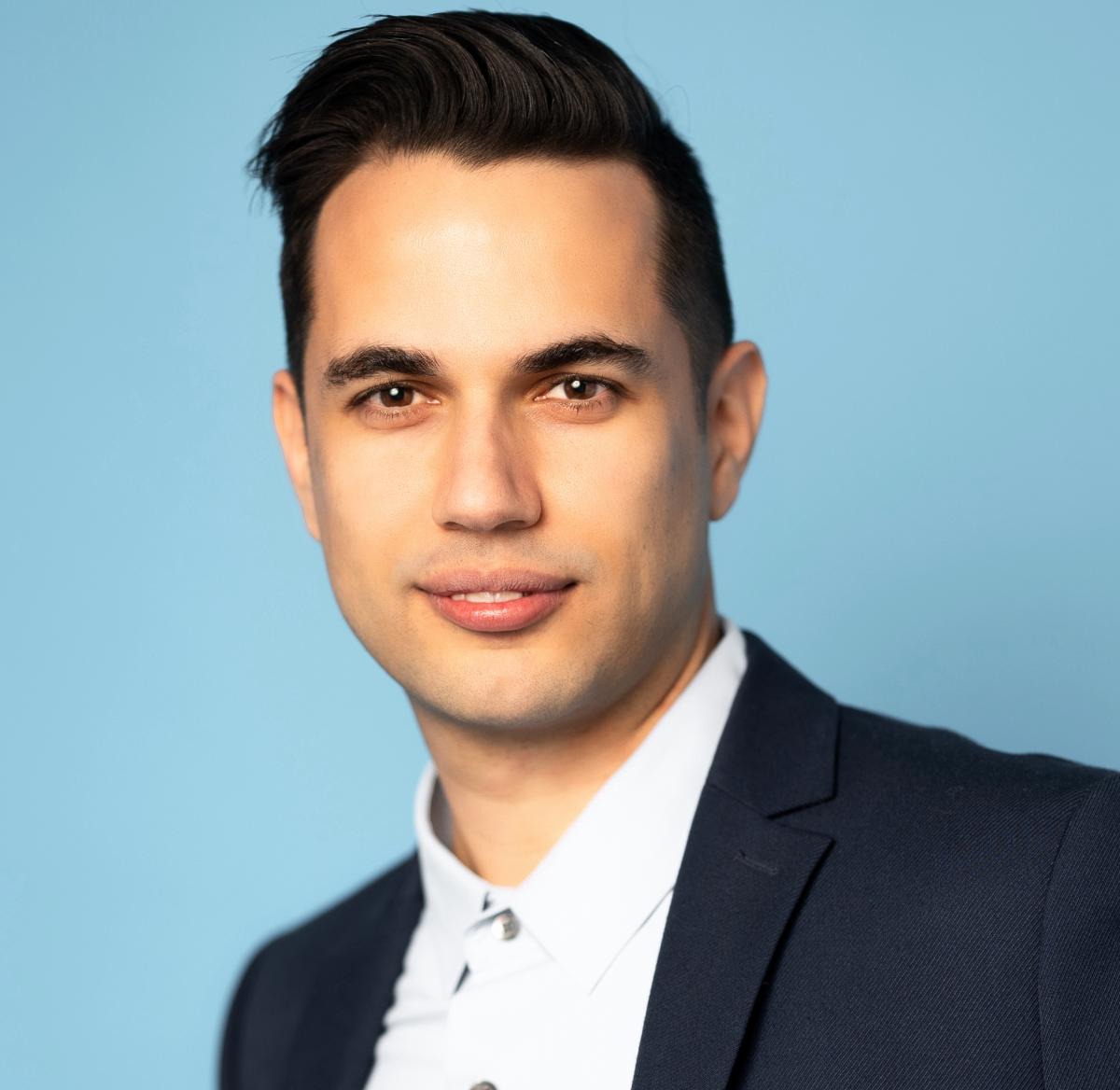Roberto Alonso-Matilla
University of Minnesota
Seminar Information

In the first part of my talk, I will present our ongoing efforts to enhance T cell migration within tumors. While significant advances have been made in understanding the amoeboid-mesenchymal migratory balance, the mechanical processes by which T cells navigate tumor environments and the factors that determine their migration capabilities are still not well understood. To investigate this, we have developed a biophysical model of T cell migration that sheds light on the physical principles and molecular components modulating their movement [1]. Model predictions are supported by preliminary findings from in vitro studies on T cell migration.
In the second part of my talk, I will share our ongoing efforts to understand plasma membrane mechanics during leukemia cell cytokinesis. The actomyosin-based machinery that drives cell division is widely studied, but how actomyosin impacts the plasma membrane during cytokinesis is poorly understood. By using a combination of imaging and biophysical modeling, we found an extensive accumulation and folding of the plasma membrane at the cleavage furrow and the intercellular bridge [2]. Our work reveals that actomyosin-based mechanisms responsible for cytokinesis can also decrease membrane tension at the intercellular bridge, potentially supporting cytokinetic fidelity and locally affecting endocytosis, exocytosis, and cell signaling.
References
[1] R. Alonso-Matilla, P. P. Provenzano, D. J. Odde, “Biophysical modeling identifies an optimal hybrid amoeboid-mesenchymal phenotype for maximal T cell migration speeds”. bioRxiv, https://www.biorxiv.org/content/10.1101/2023.10.29.564655v3
[2] R. Alonso-Matilla, A. Lam, T. P. Miettinen, “Cell intrinsic mechanical regulation of plasma membrane accumulation in the cytokinetic furrow”. Proceedings of the National Academy of Sciences 121.29 (2024): e2320769121
Roberto Alonso-Matilla holds a B.S. degree in Engineering from the University of Valladolid (Spain), completed a post-baccalaureate program in Mechanical Engineering and Materials Science at Yale University, and earned a Ph.D. in Mechanical Engineering from the University of California San Diego. He served as a postdoctoral researcher in Chemical Engineering at Columbia University and is currently a postdoctoral fellow in the Department of Biomedical Engineering at the University of Minnesota. Alonso-Matilla’s research focuses on the mechanics of cancer and immune cell migration during cancer progression. His research interests include cancer and immune biophysics, mathematical biology, cell and molecular biology, cell migration, cell division, cell volume regulation, immune cell activation, biotransport in tumors, and anti-tumor immunity.
